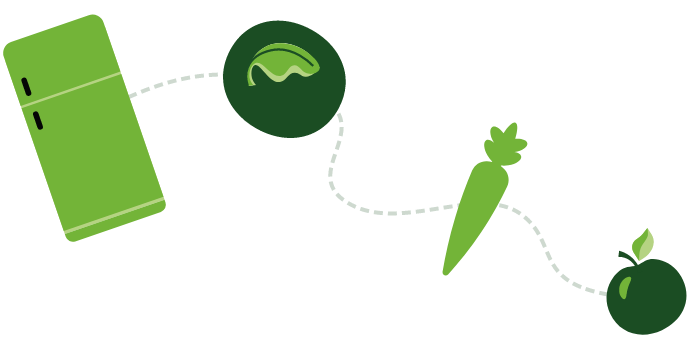In today’s world, where environmental concerns are at the forefront of our minds, it’s essential to embrace sustainable practices in all aspects of our lives.
One practice that is sustainable and environmentally friendly is gardening. Not only does gardening connect us with nature, but it also allows us to grow our own food, reduce our carbon footprint, and contribute to a greener future.
The Benefits of Gardening
Gardening is sustainable for many reasons. Firstly, growing our own food reduces our reliance on industrial agriculture, which often involves intensive pesticide use, transportation emissions, and water wastage. By cultivating our own vegetables, fruits, and herbs, we can minimize the use of harmful chemicals, promote biodiversity, and create a healthier environment.
Gardening also contributes to carbon sequestration. Plants absorb carbon dioxide (a greenhouse gas responsible for climate change) and convert it into oxygen through photosynthesis. By planting and nurturing a variety of plants in our gardens, we actively participate in combating climate change.
Tips for Beginner Gardeners
Starting a garden can seem daunting, especially for beginners. However, with a few essential tips, anyone can kickstart their sustainable garden journey:
Start small: Begin with a small plot or even containers to gain experience and build confidence. As you become more proficient, you can expand your garden gradually.
Choose the right plants: Opt for plants that are well-suited to your climate and soil conditions. Native plants are often more resilient, require less maintenance, and support local ecosystems.
Plan your garden layout: Consider the space available, sun exposure, and plant height when designing your garden layout. This will help optimize sunlight and ensure plants have enough space to thrive.
Water wisely: Use efficient watering techniques such as drip irrigation or soaker hoses to minimize water waste. Collect rainwater in barrels to conserve water resources.
Composting: Start composting kitchen scraps and yard waste to create nutrient-rich soil for your plants. Composting reduces organic waste sent to landfills and provides a sustainable source of fertilizer.
The Best Plants for a Sustainable Garden
Certain plants are particularly well-suited for sustainable gardening due to their low maintenance requirements, high yields, and environmental benefits.
As always when planning to plant any type of plant, make sure to do your research on how to best take care of them, like how much sun they need, how often you should water, and what type of environment they grow best in.
Here are some great options to get you started:
Leafy greens
Lettuce, spinach, kale, and Swiss chard are quick-growing, nutrient-dense plants that thrive in most climates. They provide a constant source of fresh, healthy greens throughout the growing season.
Herbs
Basil, mint, rosemary, and thyme are versatile herbs that require little space and add flavor to a variety of dishes. Growing herbs reduces the need for store-bought, packaged herbs, which often come with excessive plastic packaging.
Quick tip: all types of mint can be invasive for gardens and surrounding areas. They likely won’t hurt any of the other plants around them, but use caution when planning.
Tomatoes
With countless varieties available, tomatoes are a popular choice for home gardeners. They’re packed with vitamins and antioxidants, and fresh homegrown tomatoes taste superior to store-bought ones.
Root vegetables
Carrots, radishes, and beets are excellent choices for beginner gardeners. These hardy crops can be sown directly in the ground, and their greens can be used for salads, reducing food waste.
Reducing Food Waste through Gardening
One significant advantage of starting a home garden is the reduction of food waste. In traditional grocery systems, unsold produce often goes to waste due to imperfections or overstocking.
By growing our own food, we can harvest precisely what we need, minimizing waste and saving money. Additionally, any surplus can be shared with neighbors, donated to food banks, or preserved for future use through canning, freezing, or drying.
Gardening is not only a rewarding and enjoyable hobby, but it also holds the key to a sustainable future. By growing our own food, we can reduce our carbon footprint, promote biodiversity, and contribute to healthier ecosystems.
Remember, starting a garden doesn’t require a vast space or extensive knowledge. With a little effort and the right plant choices, anyone can embark on a sustainable gardening journey and reap the benefits of a greener, more self-sufficient lifestyle.
So, grab your shovel, roll up your sleeves, and let nature flourish in your sustainable garden!
Learn more gardening and composting tips by checking out our other blogs, like A Beginners Guide to Composting at Home or 7 Reasons You Should Start a Garden.
TAKE THE CHALLENGE!
Get ready to dig into our fun and illuminating quiz to test the skills we need for a sustainable future.
Click Here